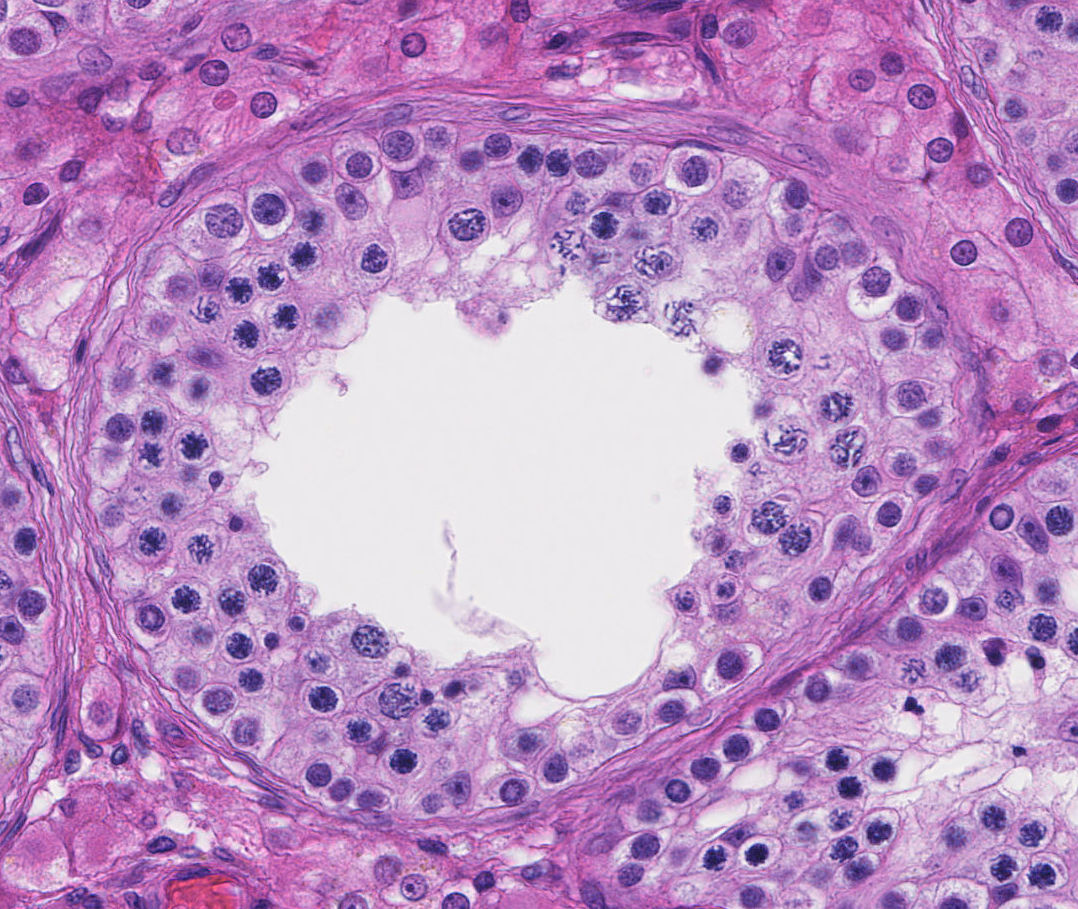Around 2 percent of all men are not producing sperm cells and would therefore not benefit from fertility treatment to become biological fathers. In collaboration with scientists from 20 Universities around the world, ReproUnion colleagues at Rigshospitalet have now found one of the reasons for the missing sperm cells.
“By chance, we found four men in the study who all had mutations in a gene that turned out to be crucial for sperm-cell production. The gene that had mutated in the four childless men is called PNLDC1. The gene shortens small pieces of RNA known as piRNA, which are exclusively found in the sperm-producing cells in the testicles. If piRNA’s don’t have the right dimensions, they don’t work, meaning that no sperm cells are produced. We could see that the piRNA’s in the four men were the wrong size, they were long, and therefore the cells that usually form sperm cells had perished,” explains Associate Professor, Kristian Almstrup in a news announcement from Copenhagen University Hospital – Rigshospitalet.
Today New England Journal of Medicine (NEJM) publishes the article Variant PNLDC1, Defective piRNA Processing, and Azoospermia, which for the first time describes the mutations in the PNLDC1 gene and the role of piRNA in relation to infertility. This new knowledge is relevant to consider when diagnosing infertility.
“If a couple are having problems becoming pregnant, we now have new knowledge which may be relevant to take into account, if the man has a sperm count of zero. If we can also see that the piRNAs aren’t working as they should, then he is unlikely to become a biological father and the couple should be advised on other options to have a child, such as for example with donated sperm or through adoption or whatever else the individual family or couple feel is right for them,” says Kristian Almstrup from the Department of Growth and Reproduction at Rigshospitalet.
The rare genetic variant was identified as part of a ReproUnion supported PhD project. “In my PhD I wanted to investigate the influence of genetic variants on testicular function, and I found that both common and rare genetic variants play different, but significant roles for male reproduction. The rarely encountered variants could cause complete arrest of spermatogenesis,” explained Nina Mørup Nygaard in June and now she is excited to see her results published in a high-profile article in NEJM.

